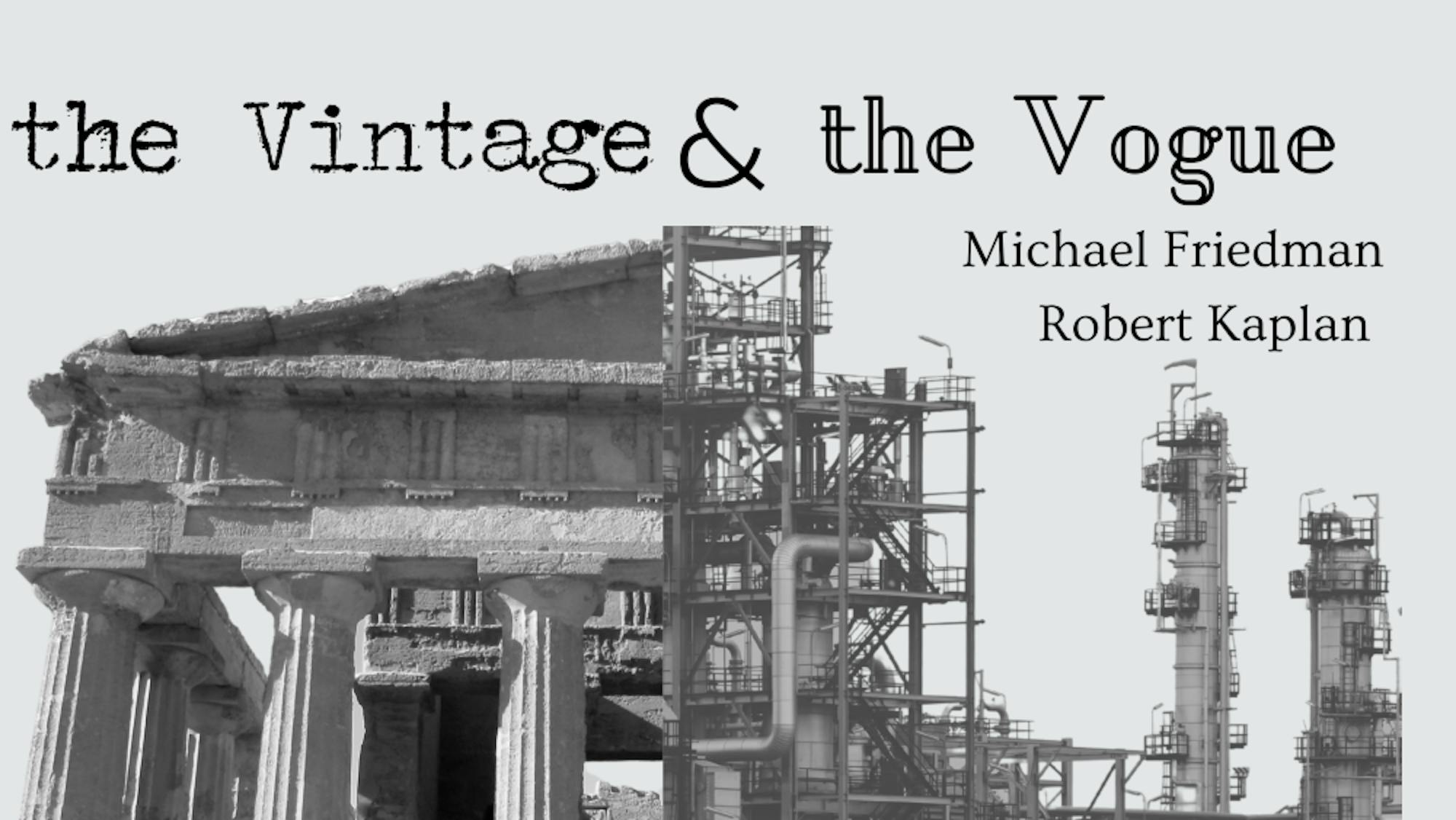Michael: Hey Robert, did you respond to my event invite on Facebook?
Robert: Yes, I was going to respond right after we wrote this column.
Michael: Wow, nice fourth wall break! Just like how Facebook broke a month ago, today.
Robert: Yeah, that was crazy! Even crazier was that at the same time, Facebook executives were testifying before Congress about their influence over politics and society. And, they’re still in the news cycle! Between the whistleblowers and the metaverse, I almost wish we waited to write aboutPhoebe Bridgers,tomatoes andrestaurants. None of this “Meta” business is very Lindy, is it?
Michael: I thought so too, but social media apps like Facebook, and the proposed vision of its renamed parent company, Meta, indicate a societal shift similar to other, older communications technologies: in particular, the printing press.
Robert: That’s an interesting observation. The printing press catalyzed an entire reorganization of European society when it took off (even though it was originally developed in China 400 years earlier). It began in 1439, when German inventor Johannes Gutenberg constructed a movable type printing press, combined with new innovations in ink composition, mass production and other technical features.
Michael: The importance of this new technology cannot be understated. The written word could be spread at a previously unthinkable rate, carrying with it the potential to expand education, facilitate commerce and altogether improve people’s lives. What’s more, the printing press could quickly transmit concepts destabilizing to established power structures.
Robert: Exactly. In 1517 the Protestant Reformation began in full force, initiated by Martin Luther’s 95 Theses, which were disseminated by the thousands as printed pamphlets. There were many religious wars in Europe which followed, but the Thirty Years’ War (1618–48) was the deadliest. Most major European powers fought in that war over the span of three decades across what would become modern Germany. It destabilized European politics and depopulated the German states through murder, famine, plunder and disease. Historians estimate that this one formal conflict killed about 7 million people. That’s about 1% of the world population in 1600; today, that would be 78 million people, equivalent to the populations of California, Texas and Ohio combined.
Michael: And so, with Facebook’s proposed “metaverse” on the horizon, we should look to developments like the printing press and use them as foils to question the motivations, uses and potential risks of these new technologies. They are truly revolutionary and carry with them the potential to disrupt society as we understand it.
Robert: Agreed. Even the printing press was new once; it was used to uplift humanity to unprecedented heights and degrade it to the basest depths. Whether or not something is Lindy does not dictate whether it is good or evil.
Michael: Change is inevitable. Facebook may become Lindy, but we are living through its infancy. We are witnessing its first steps. In 500 years, future column writers may be pointing to Facebook just as we point to the printing press. But we should be wary of the dangerous adolescence we traverse in the meantime. Moreover, we ought to question the motivations of those who control them, and who will have access to all parts of it. As a classics major, I am duty-bound to warn you about the CEO who loves Augustus so much, he gets the same haircut as the man who became god-king of the Mediterranean world.






